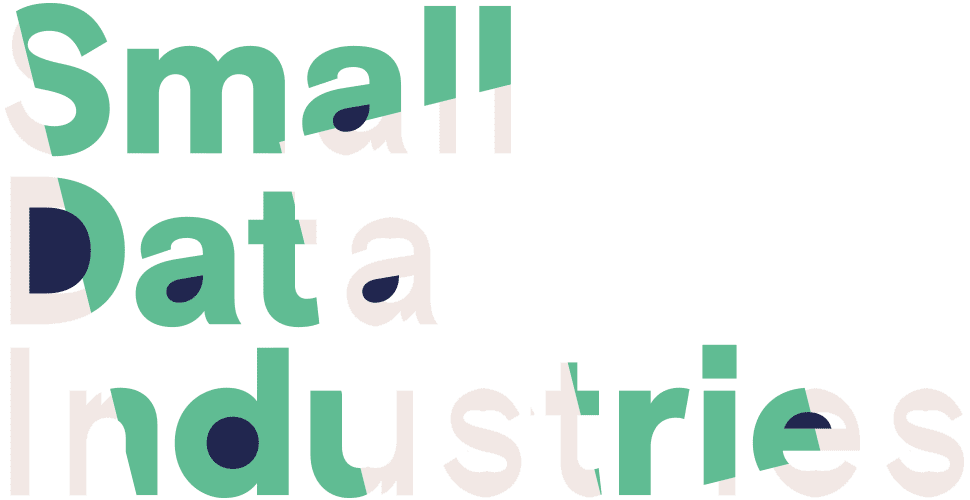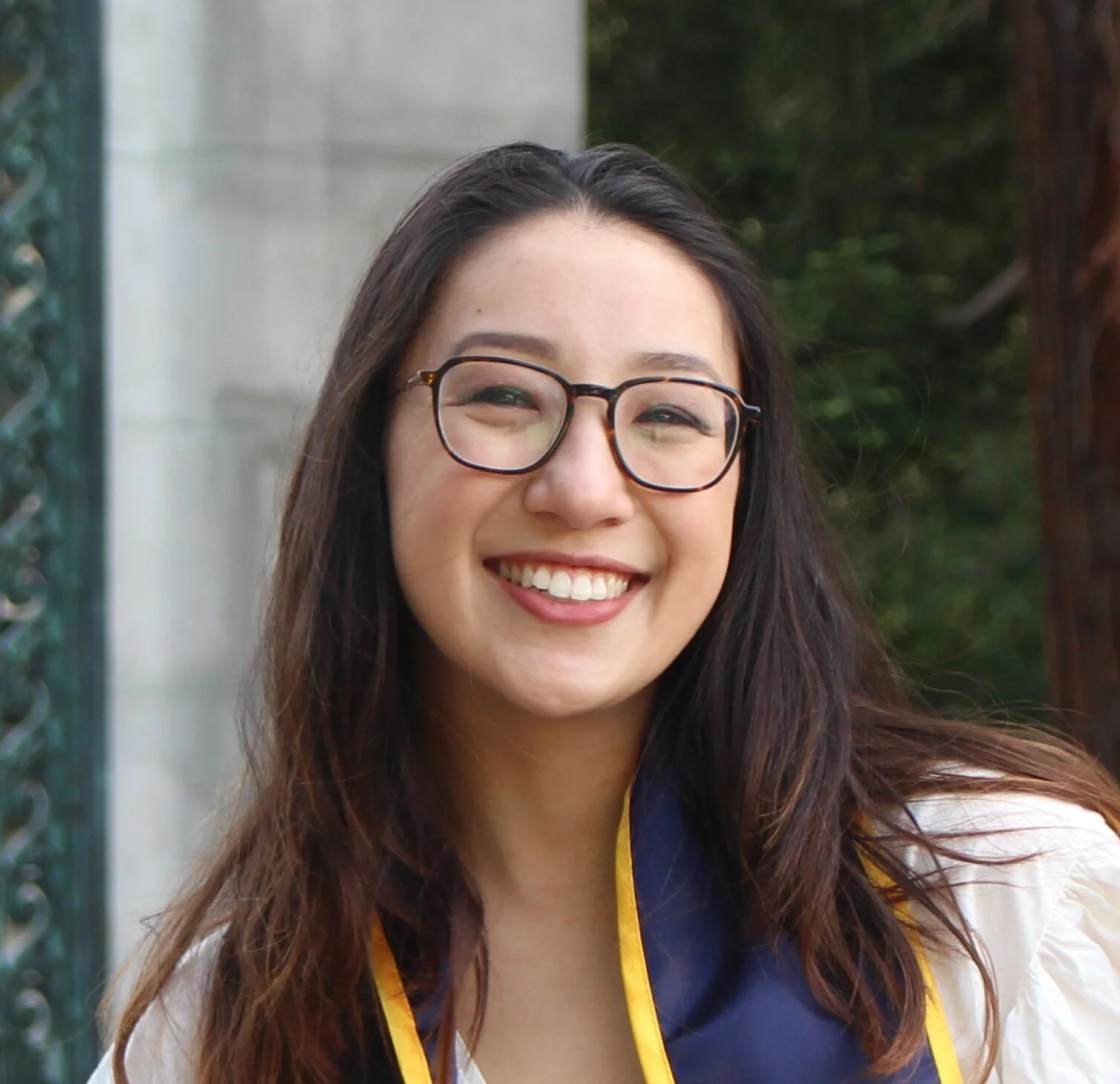Announcing the 2020 Small Data Scholars
Right now, across the art world and within cultural heritage institutions, one can witness a spectrum of responses to a moment wherein both individuals and institutions are facing the fact that we are in an incredibly exclusive industry. There are so many barriers to entry to work within cultural heritage—resulting in a landscape wherein people of color are still under-represented in positions of leadership. Simply put, the broader cultural heritage professional community very much has been an implicit reinforcer of systems of classism, racism, and white supremacy.
At Small Data, we have been asking ourselves how we can begin to impactfully contribute to meaningful change in our professional communities on an ongoing basis. I’m proud to share that we’ve taken our first small step in our work to encourage greater inclusion and accessibility within the conservation community: awarding our first ever independent scholarship to fund attendance for three people from outside the conservation community, and from a broad range of backgrounds, to attend the Annual Meeting of the American Institute for Conservation (AIC).
We are committed to helping make space in the conservation profession for people of all backgrounds, expertise, experience, and education. We will continue to use this scholarship, and mentorship, to build alternatives pathways into the largely exclusionary corners of this cultural heritage profession. The AIC Equity & Inclusion Committee put it best in their recommendations, explaining that broader inclusion within the conservation profession is critical to ensuring that an array of voices and perspectives are at the table when we as a community discuss the what, where, when, how, and why of cultural heritage preservation.
Without further adieu, we are thrilled to introduce you to the three professionals we have been so lucky to get to know recently, and who we are so thrilled to welcome into our community:
Katherine Adams
Katherine is an arts professional based in New York City, working primarily with contemporary art in curatorial, archival, and editorial capacities. She worked most recently as a Curatorial Associate for the SPRING/BREAK Art Show, and previously interned with David Zwirner Books and Hauser & Wirth. She also works directly with artists and non-profits on publication and research projects, and enjoys writing in her spare time. She holds a Bachelor's degree in Philosophy from Yale University, where she also studied critical theory. Her curatorial interests center on performance, research-based practices, time-based media art, and other practices that employ novel technologies.
Faith Arazi
Faith (she/her) is an artist and AV technician based in San Francisco. Faith has interned for Craig Baldwin at Other Cinema, inspected and prepared countless 16mm artist made prints for Canyon Cinema, and remains an active member of a volunteer run microcinema, Artist Television Access (est. 1984). She is currently a projectionist and art preparator at Yerba Buena Center for the Arts. Faith’s art practice is rooted in collage and non narrative filmmaking that payfully explores capitalist anxieties, Latinx identity, and poetic mystery. Her website is faitharazi.info.
Annalise Kamegawa
Annalise is a designer who has leveraged modern technology to reimagine the potential for tech-based products and educational curriculum. She graduated from UC Berkeley with a degree in Cognitive Science, focusing on the implementation of human centered design methods as a means of incorporating science and technology into community-driven products. Her driving design philosophy is to make real things that real people really need to use. In 2020, she will be pursuing a masters in product development for emerging technologies.
Launching this new initiative in a virtual world is a somewhat bittersweet and strange time to be building community (we began planning this scholarship pre-pandemic). We wish that Katherine, Faith, and Annalise could be getting to know the rest of the conservation community in-person—having the important conversations that happen incidentally and serendipitously between conference sessions, and of course engaging in the time honored tradition of conference karaoke. Fortunately, this is just the start of our commitment to making space for greater inclusion within the conservation profession, and we look forward to seeing how our virtual program can serve as a pilot towards next year when we will all hopefully be able to gather in-person!



